Just because you have a choice, it doesn't mean that any of them 'has' to be right
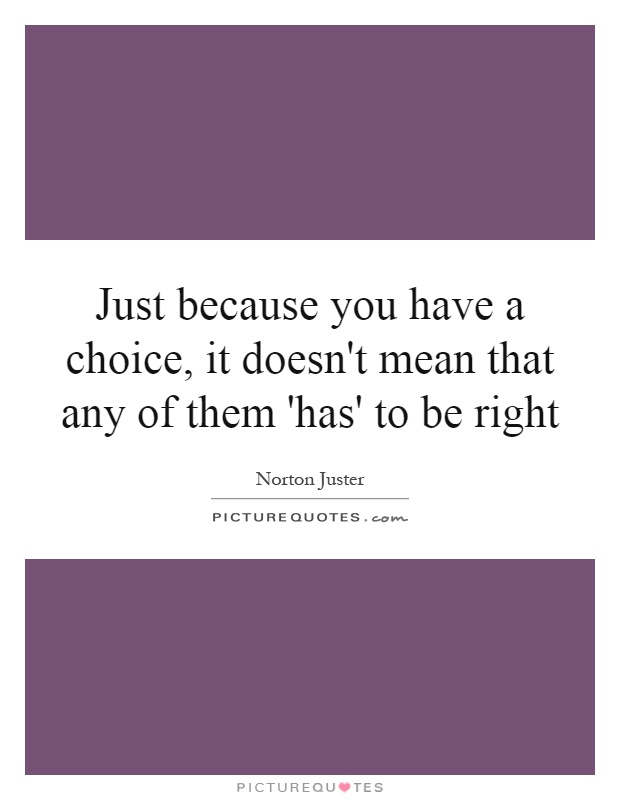
Just because you have a choice, it doesn't mean that any of them 'has' to be right
In the world of Norton Juster's classic novel, "The Phantom Tollbooth," the protagonist, Milo, is faced with a myriad of choices as he embarks on a fantastical journey through the Kingdom of Wisdom. Throughout his adventures, Milo encounters a variety of characters and situations that challenge his perceptions and beliefs, forcing him to make difficult decisions along the way.One of the central themes of the novel is the idea that just because you have a choice, it doesn't mean that any of them "has" to be right. This concept is exemplified through Milo's interactions with the Whether Man, a character who is constantly changing his mind and unable to make a decision. The Whether Man's indecisiveness serves as a cautionary tale for Milo, reminding him that sometimes the best choice is not always clear-cut.
As Milo continues on his journey, he encounters the Dodecahedron, a character who embodies the concept of multiple perspectives. The Dodecahedron challenges Milo to see things from different angles and consider alternative viewpoints, reminding him that there is often more than one way to approach a problem.
Throughout the novel, Norton Juster uses humor and wit to explore the complexities of decision-making and the importance of critical thinking. By presenting Milo with a series of absurd and fantastical scenarios, Juster encourages readers to question their assumptions and consider the consequences of their choices.
Ultimately, "The Phantom Tollbooth" serves as a reminder that life is full of uncertainties and that sometimes the best choice is not always the most obvious one. By embracing the unknown and being open to new possibilities, Milo learns valuable lessons about the power of imagination, creativity, and perseverance.
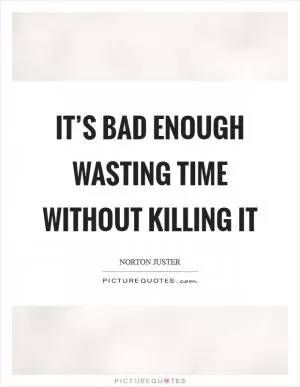
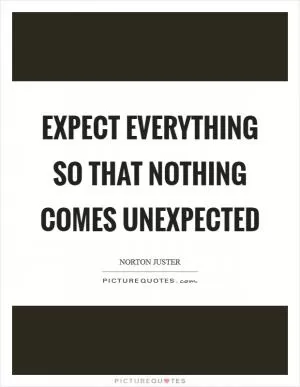
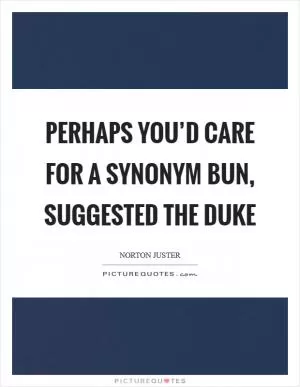
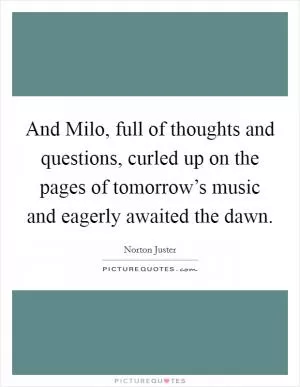
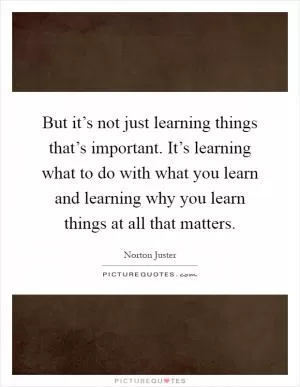
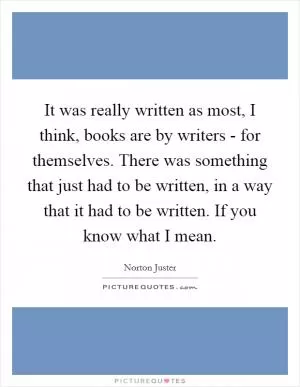
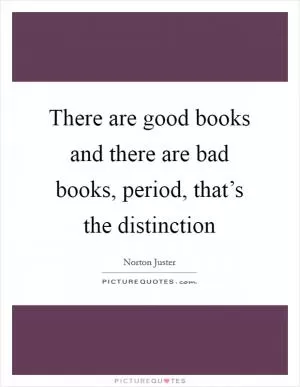
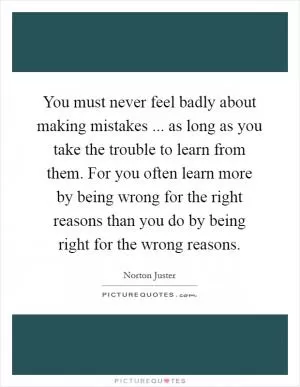
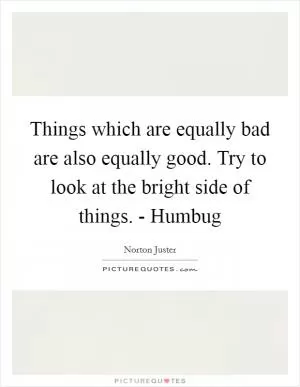
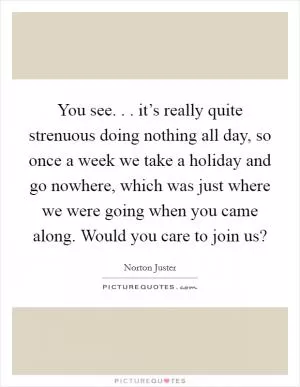
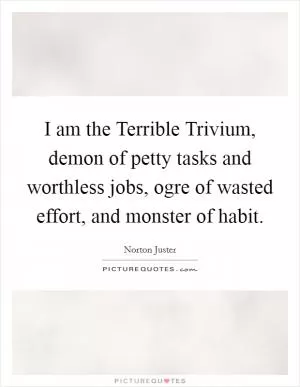

 Friendship Quotes
Friendship Quotes Love Quotes
Love Quotes Life Quotes
Life Quotes Funny Quotes
Funny Quotes Motivational Quotes
Motivational Quotes Inspirational Quotes
Inspirational Quotes